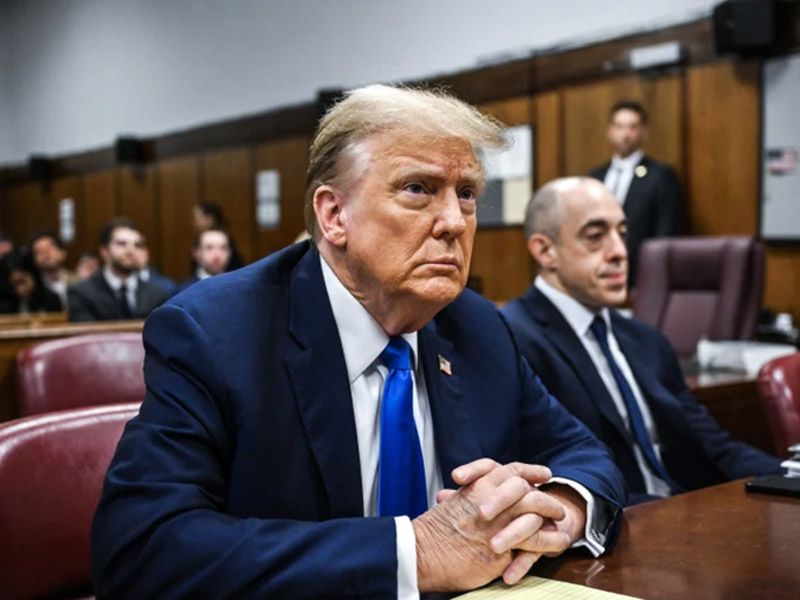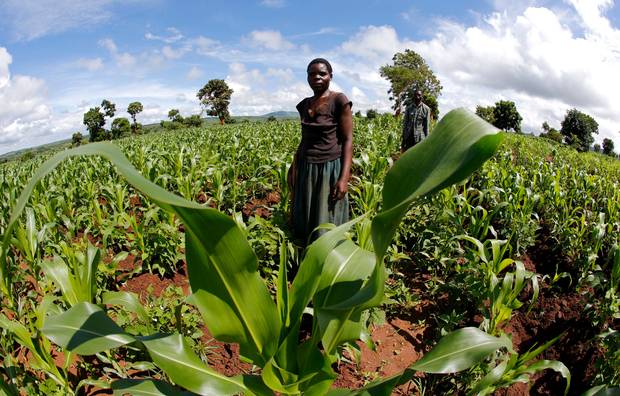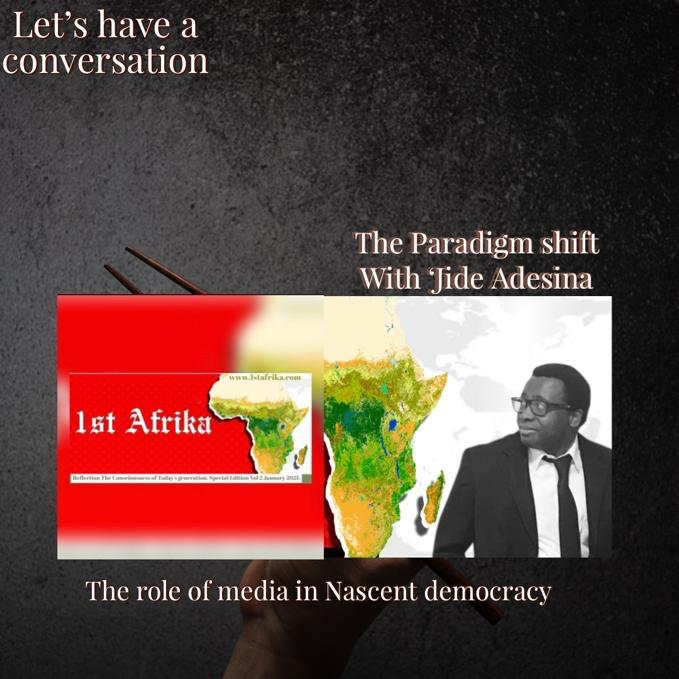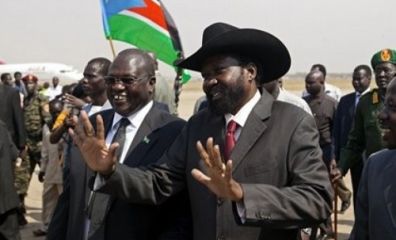In an age where information flows at unprecedented speeds, the veracity of that information has become a point of contention. The landscape of news and communication has been fundamentally altered by the proliferation of fake news and misinformation. This article delves into the death of truth through the lens of Donald Trump’s presidency, the social media addiction of Generation Z, the improper use of social media in Africa, and the broader implications of these issues for governance, policy, and societal progress in Africa.
Donald Trump’s tenure as President of the United States epitomized the era of fake news. His relentless attacks on mainstream media, branding them as “fake news,” undermined public trust in traditional news outlets. Trump’s strategy was multifaceted: discrediting negative coverage while promoting his narrative, often devoid of factual accuracy. His claims, ranging from the size of his inauguration crowd to the baseless assertion of widespread voter fraud in the 2020 election, exemplify a post-truth era where emotional appeal outweighs empirical evidence.
Trump’s rhetoric had a two-fold effect: it galvanized his base, who saw the media as part of a broader conspiracy against their values, and it eroded trust in journalistic institutions, crucial for a functioning democracy. The term “fake news,” once a descriptor of false information, became a political weapon, making it increasingly difficult to discern truth from fiction in public discourse.

Generation Z: Social Media Addiction and the Decline of Intellectual Curiosity
Generation Z, the first cohort to grow up with smartphones and social media, exhibits profound changes in communication, learning, and social behavior. Social media platforms, designed to capture attention through algorithms that prioritize engagement, foster addiction-like behaviors. This constant exposure to curated, often sensationalist content, contributes to shortened attention spans and a decline in deep, analytical thinking.
The addiction to social media has led to a decreased zeal for traditional forms of study and reading. The instant gratification provided by likes, shares, and comments often outweighs the perceived effort required to engage with books or long-form articles. This shift has significant implications for intellectual development and civic engagement. The ability to critically analyze information, a cornerstone of informed citizenship, is undermined when exposure to nuanced, well-researched content diminishes.
Social Media in Africa: A Double-Edged Sword
In Africa, social media’s impact is amplified by unique socio-political dynamics. Politicians and affluent individuals exploit these platforms to cash in on their influence, often at the expense of truthful communication. Social media becomes a tool for propaganda, spreading misinformation, and manipulating public opinion. The abuse of power and systemic corruption within the ranks and file of African leaders and governments are exacerbated by the unregulated nature of these platforms.
In countries like Nigeria, social media is a battleground for political narratives. Leaders use it to project favorable images, while detractors often face censorship and crackdowns. The result is a polarized information ecosystem where truth is a casualty. The improper use of social media, combined with low digital literacy, makes the population susceptible to misinformation, further entrenching systemic issues.
The misuse of social media in Africa coincides with broader policy failures and socio-economic crises. In Kenya, the government’s recent tax policies have sparked widespread protests. The austerity measures, perceived as anti-human and against the will of the people, highlight the disconnect between policy decisions and the populace’s needs. The ongoing crisis underscores the fragility of governance structures in the face of economic pressures.

Nigeria faces a similar predicament with its floundering economic policies. The government’s inability to revamp the Naira against the dollar has led to significant inflation and economic instability. Power outages, rampant poverty, and insecurity compound these issues, making daily life increasingly difficult for Nigerians. The Boko Haram insurgency, kidnappings, and other forms of violence create an environment of fear and uncertainty, undermining efforts towards development and stability.
The insecurity plaguing Nigeria is mirrored across the continent. In Congo and Uganda, armed conflicts and political instability disrupt lives and displace populations. The border tensions between Egypt and its neighbors further illustrates the pervasive insecurity. These conflicts are often fueled by historical grievances, economic deprivation, and the exploitation of ethnic and religious divisions.
One of the most pressing issues facing Africa is the lack of literacy among its youth. Education is a powerful tool for change, yet access remains uneven, and quality is often compromised. Addressing this requires a multifaceted approach:
Governments must prioritize education funding, ensuring that schools are well-equipped, and teachers are adequately trained and compensated.
Digital tools can expand access to education. E-learning platforms, if properly implemented, can reach remote areas and provide quality education to those previously underserved.
As social media use rises, so does the need for digital literacy. Educating the youth on discerning credible sources from misinformation is crucial for fostering an informed populace.
Education systems should focus on developing critical thinking skills. This involves moving beyond rote memorization to encouraging analysis, debate, and problem-solving.
Literacy programs should involve communities, making education a collective effort. Parents and local leaders play vital roles in supporting and valuing education.
Embracing Science and Technology: Africa’s Path ForwardFor Africa to join the global crusade of science and technology, several steps are essential:
Reliable internet access and electricity are foundational. Investments in infrastructure are necessary to support technological advancements.
Governments and private sectors should support innovation hubs and tech startups. Creating an environment that nurtures creativity and entrepreneurship can lead to breakthroughs that address local challenges.
Partnering with global institutions and tech companies can bring expertise and resources to Africa. These collaborations can facilitate technology transfer and capacity building.
Science and technology education should be prioritized. Scholarships, vocational training, and STEM programs can equip the youth with the skills needed in a tech-driven world.
Governments must create policies that encourage innovation and protect intellectual property. A regulatory framework that balances growth with ethical considerations is crucial.

The death of truth in an era of fake news and misinformation poses significant challenges globally, with unique manifestations in Africa. Donald Trump’s legacy of undermining traditional media, the social media addiction of Generation Z, and the misuse of these platforms by African leaders highlight the complexities of navigating truth in the digital age. Addressing these issues requires a concerted effort towards education, technological advancement, and policy reform. By fostering a culture of critical thinking, embracing technological innovation, and prioritizing literacy, Africa can overcome its current challenges and join the global community in the pursuit of progress and development.
The death of truth cuts across every stratum, agency, and international diplomacy. This pervasive issue extends beyond the discussed themes and impacts global conflicts and political landscapes. Future discussions will delve into the Israel-Palestine crisis, Russia’s occupation of Ukraine and Georgia, and the implications of post-Brexit policies under the new British government.
Join Jide Adesina on the Paradigm Podcast as we continue to contribute to these crucial narratives.
By : Jide Adesina



